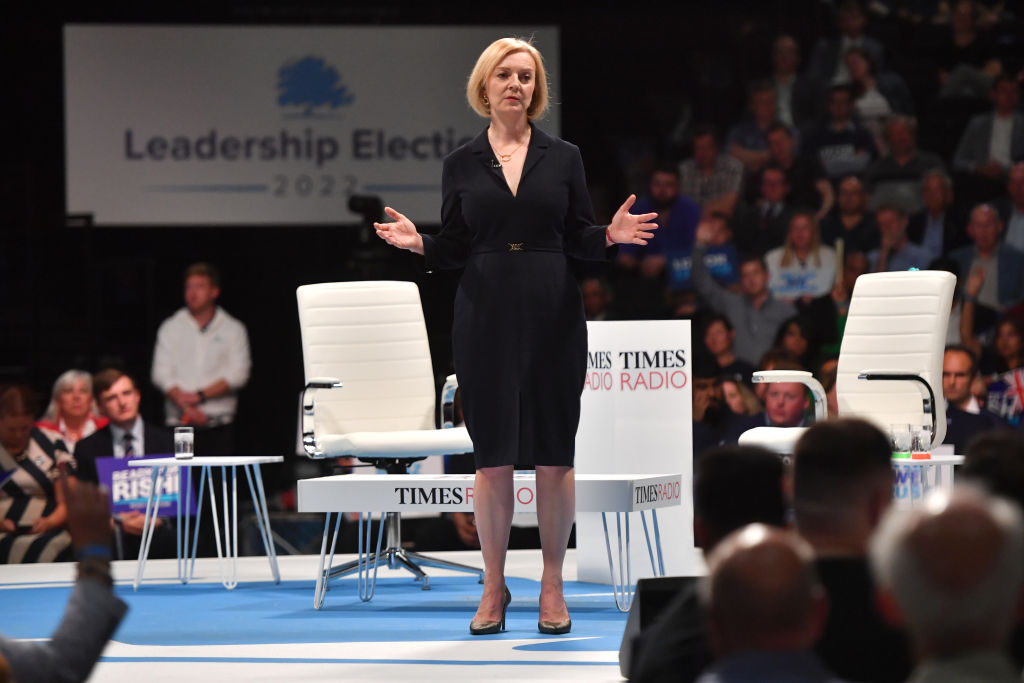Giving up on net zero could cost the Tories an election

Energy prices are rising to record levels, and households are understandably worried about how they’re going to pay their energy bills. Some opponents of the net zero target have used this as an opportunity to blame green policies for an increase in global energy prices, despite it being clear that high gas prices are the main issue. They argue that we can only reach net zero by drastically changing how we live our lives and spending huge amounts of money.
But the truth is quite different.
Yes, there is a role for people to change their behaviour, for example using more public transport. But much of it will come from an adoption of new technologies, which can make our lives better, not worse. When the new prime minister takes office in September, this is the positive and practical vision for net zero they need to paint.
Rather than requiring people to overhaul their way of life, as much as two-thirds of the emissions cuts we need will come from sectors such as energy and transport, according to analysis from Onward. These companies will have to invest in new, clean technologies like renewables and electric vans and lorries. Recently, the price of new technology such as offshore wind, solar and batteries has plummeted, demonstrating that a cleaner option can also be a cheaper option.
Individuals do have a big part to play. We will all be responsible for around a third of future emissions cuts. But these changes aren’t just about walking and cycling, flying less or eating a vegan diet. Many of the net zero sceptics claim our personal lives would need to be upended in order to reach our ambitions. It’s true, individual behaviour changes like these would make a difference, but the main contribution we can make is through the adoption of things like electric vehicles and heat pumps.
In terms of regulatory change to encourage take up, the government should invest in projects like public charging networks across the UK so electric vehicles are practical for those in flats and terraced streets as well as those with driveways and home chargers.
With energy bills reaching astronomical heights, it’s a difficult time to sell net zero, especially when it has taken on unfair ideological baggage of simply being “too expensive”.
The next prime minister should put forward practical and cost-effective ideas that won’t hurt people’s finances. This should include initiatives like a stamp duty rebate for those who retrofit their homes within two years of moving in, or creating tax-efficient savings schemes for green technologies like heat pumps.
There will be a daunting in-tray of problems for the next occupant of No10. Dealing with the most immediate problems must take precedent, but they must also embrace practical ideas for net zero. If they don’t, they risk breaking a promise made at the last election and throughout Boris Johnson’s premiership.
This is a political risk. We’ve seen a similar battle play out in Australia, where a centre-right party lost an election after refusing to push forward with climate action. The same risk applies here in the UK, with swing voters saying they are much less likely to back those who hit the breaks on net zero, according to Onward polling.
It could cost the Conservatives 1.3 million votes, and it could cost us, as individuals, much more in the future.
